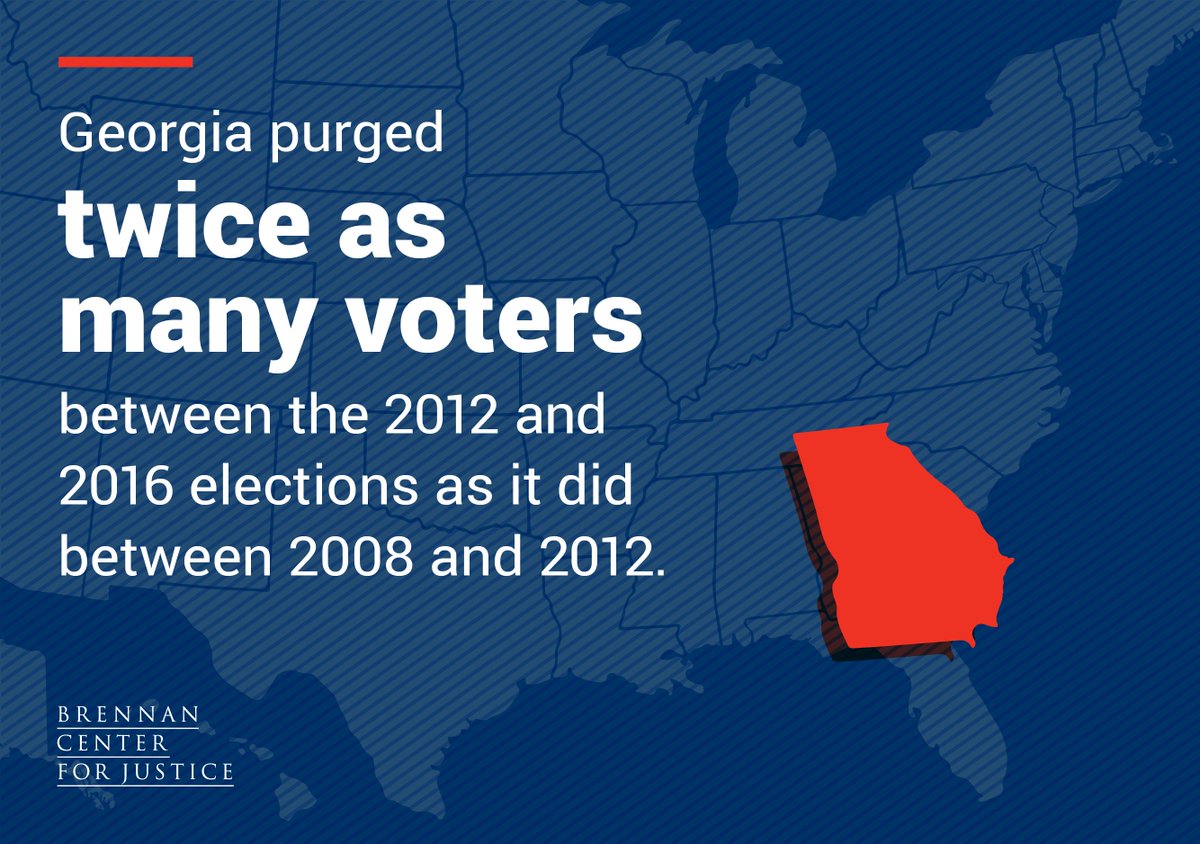@stephen_wolfram remembers the founding of modern complexity science in the 80s when his physics toolkit wasn't able to explain certain fluid dynamics.
This same mindset could be used with complex systems: take primitives then propagate them and see what happens.
#ICCS2018
Instead of searching for pattern, see that the MAIN meta-pattern is randomness.
#ICCS2018
This meant that complexity modeling was not JUST convenient. It was was *necessary* as well.
#ICCS2018
You can think of humans as searching the infinite computational universe for things that are usable.
#ICCS2018
You can take this idea of "searching the computation space for tools" and apply it to "finding helpful programs". So, instead of "engineering" a program defining it step-by-step, you just "search the computational space" for a helpful program.
#ICCS2018
He calls this "mining the computational universe".
You can imagine neural nets as an example of this progress.
#ICCS2018
These are all examples of a *massive* shift in "how science is done". For 400 years, there was a dominance of mathematical equations. But in the last ~20, we're now moving towards *programs* (rather than math) as science's "how".
#ICCS2018
@Wolfram_Alpha is looking to be a universal computation layer for computers. A crucial piece to this is "computational contracts" (which are like smart contracts, but not trustless).
#ICCS2018
@Wolfram_Alpha being a universal computation layer means:
1. We need to express contracts in code. (More exacting than English and Legalese.)
2. We need to connect to reality. Oracles do this. Wolfram Alpha is the best Oracle (right now).
#ICCS2018
Wanting to express human ideas in code is a crucial piece to AI alignment. We'll need to express the "constitutions for AIs" in a language they (AIs) can understand.
#ICCS2018
There's a feedback loop between the world and the *language* we use to abstract it.
e.g. There were no tables. There was no language for them. Then there were table-like things. Then we abstracted that into the word "table". Then we built more.
#ICCS2018
(Strong agree! See @puddingviz and @ncasenmare as two leading examples)
#ICCS2018
As we begin to think about the future of AI and humans, a couple things are clear:
1. We can automate to get stuff done, but not what we *want* to do. i.e. There's no mathematical theory of "ultimate purpose".
#ICCS2018
2. It's not special. Some awesome AI simulation box is not that different than a rock. Both of them have lots of computation happening. Main difference is simply that we've connected the box to human purpose and history.
#ICCS2018
#ICCS2018
#ICCS2018
"To give you an idea of how fast these exponentials are going: In 2017, we had only used CRISPR to knock out 2 genes. Then we wanted to do 62.
It was 'embarrassingly easy'."
(They did this to do experiments that were being stopped by bio x-risk.)
#ICCS2018
The exponentially decreasing cost of genome sequencing over time:
1990-2014: $3B (with some decrease near the end)
2015: $6000 paid BY the patent (@VeritasGenetics)
2018: $500 paid TO the patent with blockchain (@NebulaGenomics)
#ICCS2018
@geochurch's answer: We took a risk when we eradicated small pox. We have almost eradicated polio. With this, we could eliminate all at once. We should be very cautious.
#ICCS2018
"We're basically doing genetics at internet speed. No, we're *already* doing it at internet speed."
#ICCS2018





